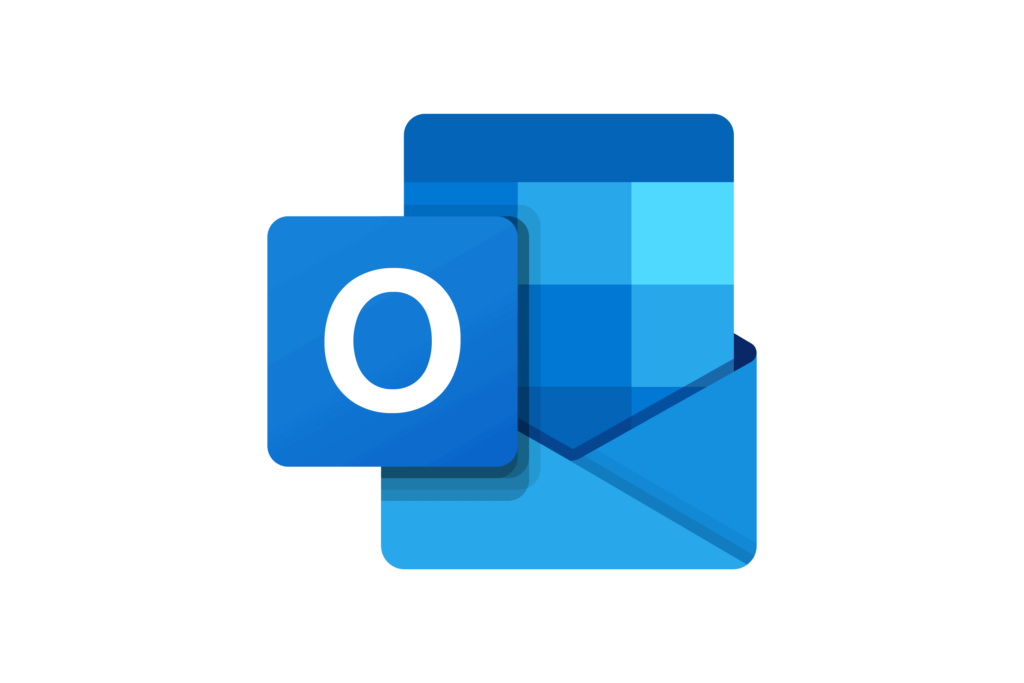Microsoft Implementing New Outlook Security: Third-Party Apps and Gmail Integration Affected
4 min read
Microsoft has recently announced significant security updates to its popular email client, Outlook, which will affect third-party applications and Gmail integration. These changes aim to enhance the security and privacy of Outlook users by tightening controls around access to email data. This article delves into the specifics of these changes, the reasons behind them, and their implications for users and developers alike.
Key Changes
1. OAuth 2.0 Enforcement
Microsoft will mandate that all third-party applications use OAuth 2.0 for authentication. OAuth 2.0 is a more secure and efficient method of authentication compared to traditional username and password combinations. It allows users to authorize third-party apps to access their email without sharing their credentials. This means that even if a third-party app is compromised, user passwords remain safe.
- Benefits of OAuth 2.0: This protocol provides several security advantages. It ensures that apps can access email data without storing or transmitting user credentials. This reduces the risk of credential theft and unauthorized access.
2. API Access Restrictions
Access to Outlook APIs will be restricted, with a new verification process introduced. Third-party applications will need to undergo a review and approval process to ensure they meet Microsoft’s stringent security standards. This process will evaluate the security practices of the app developers and the app’s handling of user data.
- Impact on Developers: Developers will need to update their apps to comply with these new requirements. This includes integrating OAuth 2.0 for authentication and submitting their apps for verification. This might require significant changes to existing apps and can result in temporary disruptions as developers adapt to the new standards.
3. Gmail Integration Impact
The new security measures will also affect users who integrate Gmail with Outlook. Apps that do not comply with the new security protocols will be blocked, which means users might experience disruptions in their email services. Users will need to reauthorize their Gmail accounts under the new OAuth 2.0 requirements to continue using these integrations.
- User Experience: While this might cause some inconvenience, the move is aimed at ensuring a higher level of security for integrated accounts. Users will benefit from better protection against unauthorized access and potential data breaches.
Reasons Behind the Changes
1. Enhanced Security and Privacy
The primary reason for these changes is to enhance the security and privacy of Outlook users. By enforcing OAuth 2.0 and restricting API access, Microsoft aims to protect users from a growing number of cyber threats. These measures are designed to prevent unauthorized access to email data and reduce the risk of phishing attacks, credential theft, and other malicious activities.
2. Compliance with Industry Standards
These changes also help Microsoft comply with industry standards and regulatory requirements. As data privacy laws become more stringent, companies must adopt more rigorous security measures to protect user data. By implementing these changes, Microsoft ensures that Outlook remains compliant with regulations such as the General Data Protection Regulation (GDPR) and the California Consumer Privacy Act (CCPA).
3. Addressing the Evolving Threat Landscape
The cyber threat landscape is continuously evolving, with attackers becoming more sophisticated in their methods. By adopting advanced security protocols like OAuth 2.0 and implementing strict verification processes for API access, Microsoft is proactively addressing these evolving threats. This helps protect users from new and emerging vulnerabilities.
Implications for Users
1. Improved Security
For end-users, the most significant benefit of these changes is improved security. By requiring OAuth 2.0 authentication, Microsoft ensures that user credentials are not shared with third-party apps, reducing the risk of credential theft. The verification process for API access also ensures that only trusted apps can access email data, providing an additional layer of protection.
2. Temporary Disruptions
However, users might experience temporary disruptions, especially those who use third-party apps and Gmail integration. These disruptions are a necessary inconvenience as developers update their apps to comply with the new security standards. Users might need to reauthorize their apps and accounts, but this process is essential for maintaining a secure environment.
3. Increased User Control
These changes also give users more control over their data. By using OAuth 2.0, users can grant and revoke access to their email data more easily. This makes it simpler to manage which apps have access to their information, enhancing privacy and security.
Implications for Developers
1. Development Adjustments
For developers, the new requirements mean making significant adjustments to their applications. Integrating OAuth 2.0 for authentication and undergoing the verification process can be time-consuming and resource-intensive. However, these changes are necessary to ensure that their apps can continue to access Outlook data.
2. Compliance and Best Practices
Developers will also need to adhere to best practices for data security and privacy. This includes implementing robust security measures within their apps and ensuring that user data is handled securely. By complying with these standards, developers can build trust with their users and provide secure services.
3. Potential Benefits
While the new requirements pose challenges, they also offer potential benefits. By complying with Microsoft’s security standards, developers can enhance the security and reliability of their apps. This can lead to increased user trust and satisfaction, ultimately benefiting the developers in the long run.
Conclusion
Microsoft’s new security changes to Outlook mark a significant step towards improving the security and privacy of its email platform. These updates, including the enforcement of OAuth 2.0 and the restriction of API access, are designed to protect users from unauthorized access and potential data breaches. While these changes require adjustments from developers and may cause temporary disruptions, they ultimately enhance the overall security of the Outlook ecosystem.
Stay informed with SecurityChris.com for the latest updates on this and other cybersecurity news and developments.



